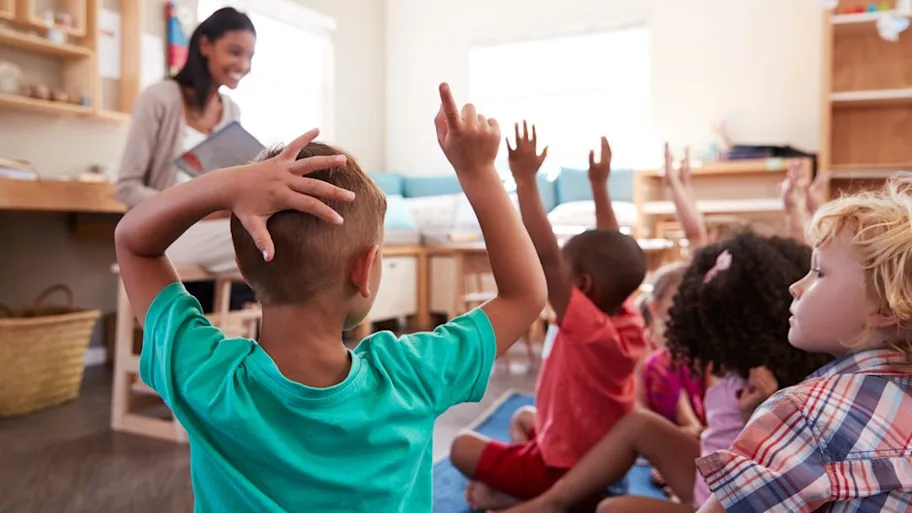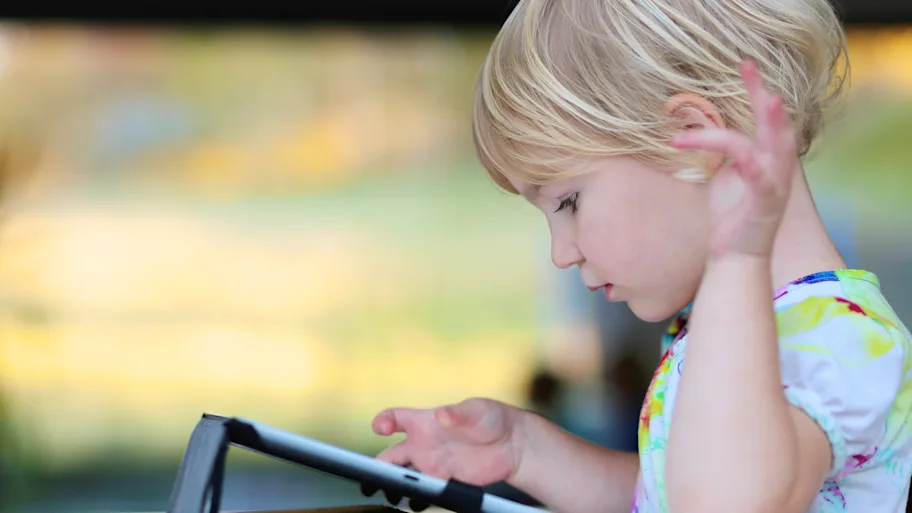
- Science news
- Psychology
- Sharing voluntarily makes young kids happy
Sharing voluntarily makes young kids happy

Both 3- and 5-year olds shared more when they were obligated to share than when it was voluntary. However, such obligated sharing did not make them happy. Image by Shutterstock.
New study shows preschool kids who share of their own accord are happy, but not when they are obliged to do so.
— By Srividya Sundaresan
If humans are primarily motivated by self-interest, as traditional economic theory claims, why do we sometimes perform acts of generosity that don’t yield us any material benefits? Indeed, such altruistic behavior may sometimes even come at a personal cost. So, why do we like to give? Because, it turns out, sharing makes us happy. And because we feel happy, we want to share more, explaining why psychologists consistently find that people like to “give” more than they like to “have”.
But do we still enjoy the emotional benefits of sharing if it is not entirely voluntary, but obligated by social norms? Dr. Zhen Wu and colleagues examined this question in a group of preschool children in China, and reported their findings in Frontiers in Psychology. This study is especially intriguing since little children are often encouraged to share, but very little is known about whether they benefit emotionally from such sharing.
In this study, Wu and colleagues compared positive facial expressions (as a measure of happiness) in 3- and 5-year old children who performed a sharing task, which consisted of sharing stickers with their peers. The experiment was set up such that the children were in two sharing groups: one group that shared voluntarily, and the other because they felt obligated to do so.
Both 3- and 5-year olds shared more when they were obligated to share than when it was voluntary. However, such obligated sharing did not make them happy. Interestingly, both 3- and 5-year olds showed greater happiness when they gave stickers away voluntarily, than when they kept them for themselves. “So, it seems that the motivation to give does count,” explains Dr. Wu, “and it also suggests that it is unrealistic to expect a very young child to share under pressure and be happy about it!”
These findings provide fascinating insights into the psychology of preschool age children, and the first evidence that sharing under social norms is less emotionally rewarding than sharing voluntarily. Dr. Wu suggests that preschool teachers might use these findings to guide how they foster sharing in their students.
But the study is not without its drawbacks, cautions Dr. Wu, “for instance, it is difficult to entirely rule out the influence of social norms even in the voluntary giving mode. The giver might have felt pressure to give even when told they were not obliged to.” An important future direction would be to not only replicate these findings with more controls, says Dr. Wu, but also to understand how the positive feedback loop works. “We need to examine how an act of generosity leads to happiness that in turn prompts another act of giving”. And that is a very fascinating question indeed.






